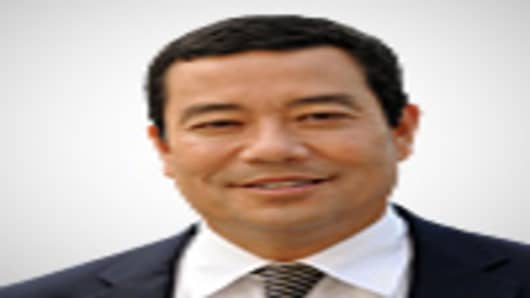Should we nationalize banks in the U.S.? How much investment should the government make in these institutions? What is the definition of nationalization?
I find the current debate about whether or not banks should be nationalized, bordering on ridiculous. The truth is, some very large institutions are already nationalized in spirit, despite the official stand that they haven’t crossed over to the dark side. How do I know this? Easy, fresh baked cookies.
A recent article in the Wall Street Journal highlighted how Citigroup management was concerned over the appropriateness of warm cookiesbeing served at a corporate meeting. Was this excessive? Is this considered by the government to be an appropriate use of bailout money?
There you have it folks. Warm cookies.
My definition of nationalization differs from that of Fed chairman Bernanke. In his recent testimony, he stated that official nationalization is when a bank is 100 percent owned by the government and shareholders are wiped out. Well, in Citigroup's case, shareholders are already wiped out with the stock currently trading at prices even lower than those controversial cookies!
In essence, lenders own the company. We can talk about Tangible Capital Equity and many other sophisticated financial measures, but the bottom line is if you were an equity investor in Citigroup, you've lost all your money (or close enough).
Citigroup is in a fuzzy netherworld I call phantom bankruptcy. Debtors are still protected (at this point) but shareholders have been eliminated and the real value of Citigroup is yet to be determined. Think for a moment about the math. It supports my argument.
The U.S. government has put $45 billion into Citigroup. The total market cap of Citigroup today is less than $6 billion. While the market is not always efficient in how it prices assets, particularly in these fearful times, there is a message here that the embedded losses in Citigroup are going to overwhelm the capital infusions.
When your debts exceed your assets and you need the government’s to bail you out, I contend that's an informal bankruptcy. You're broke, simple as that. My position: Too big to fail plus phantom bankruptcy equals a hybrid form of nationalization.
- US Should Let Some Big Banks Go: Republicans
- Mr. Spitzer Goes To Washington, Again
My definition is less stringent and does not focus on a percentage ownership test. If the government has an overwhelming say in how you run your business, such that operations and corporate decisions are affected, you are at the very least, partners with the government. The government may not own 100 percent of Citigroup, but if warm cookies become a legitimate discussion point over the correct allocation of capital, the U.S. Government is calling the shots.
Citigroup has been operationally nationalized. We also have a slate of other firms under tremendous government influence -- AIG , Fannie Mae, and Freddie Mac. GM and Chrysler are meeting with the Federal Government as we speak to determine their fates. It's time to accept the truth no matter how distasteful the reality might be. The debate is killing the markets and eroding confidence. Smell the cookies. Nationalization is here.
___________________



